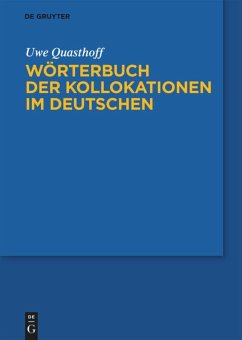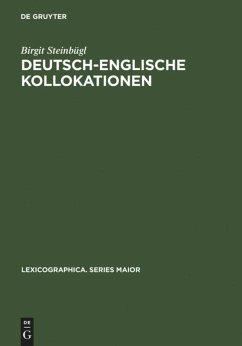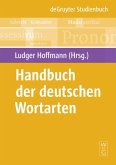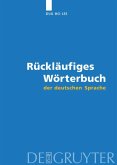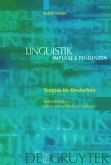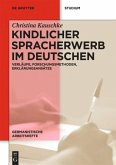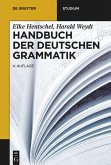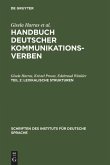Collocations are frequently occurring combinations of words with a semantic motivation behind the link (e.g. brush teeth, dark night, high forehead etc.). This innovative dictionary registers for each base-word all the collocators possible in German, together, where appropriate, with their meanings and instances of their use. This productive dictionary is of equal value for non-native speakers and for native-speakers who wish to express themselves in a more precise and differentiated manner. In addition, it provides a unique repository of examples for linguistic research.
Kollokationen sind häufig auftretende Wortverbindungen, deren Kombination semantisch motiviert ist (z. B. Zähne putzen, dunkle Nacht, hohe Stirn usw.). Diese Kollokationen, die nicht beliebig durch Synonyme austauschbar sind, sind nicht nur in der Lexikographie ein großes Problem, sondern stellen vor allem für Nichtmuttersprachler eine besondere Schwierigkeit dar. Die Beherrschung der Kollokationen einer Sprache bedeutet, eine Sprache gut zu beherrschen. Bislang gab es kein Wörterbuch deutscher Kollokationen, und hier schafft nun dieses innovative, mithilfe des Leipziger Sprachkorpus erstellte Wörterbuch Abhilfe. Die Artikel sind so aufgebaut, dass zu jedem Grundwort (Basis) alle im Deutschen möglichen Kollokatoren verzeichnet werden, ggf. mit Bedeutungsangaben und Belegen. Dieses Produktivwörterbuch ist für Nicht-Muttersprachler ebenso wichtig wie für Muttersprachler, die ihren Ausdruck differenzieren und präzisieren wollen. Darüber hinaus liefert es einen einzigartigen Belegfundus für linguistische Forschungen. Wissenschaftlich begleitet wird das Projekt von Herbert Ernst Wiegand (Heidelberg) und Franz-Josef Hausmann (Erlangen).
Kollokationen sind häufig auftretende Wortverbindungen, deren Kombination semantisch motiviert ist (z. B. Zähne putzen, dunkle Nacht, hohe Stirn usw.). Diese Kollokationen, die nicht beliebig durch Synonyme austauschbar sind, sind nicht nur in der Lexikographie ein großes Problem, sondern stellen vor allem für Nichtmuttersprachler eine besondere Schwierigkeit dar. Die Beherrschung der Kollokationen einer Sprache bedeutet, eine Sprache gut zu beherrschen. Bislang gab es kein Wörterbuch deutscher Kollokationen, und hier schafft nun dieses innovative, mithilfe des Leipziger Sprachkorpus erstellte Wörterbuch Abhilfe. Die Artikel sind so aufgebaut, dass zu jedem Grundwort (Basis) alle im Deutschen möglichen Kollokatoren verzeichnet werden, ggf. mit Bedeutungsangaben und Belegen. Dieses Produktivwörterbuch ist für Nicht-Muttersprachler ebenso wichtig wie für Muttersprachler, die ihren Ausdruck differenzieren und präzisieren wollen. Darüber hinaus liefert es einen einzigartigen Belegfundus für linguistische Forschungen. Wissenschaftlich begleitet wird das Projekt von Herbert Ernst Wiegand (Heidelberg) und Franz-Josef Hausmann (Erlangen).

